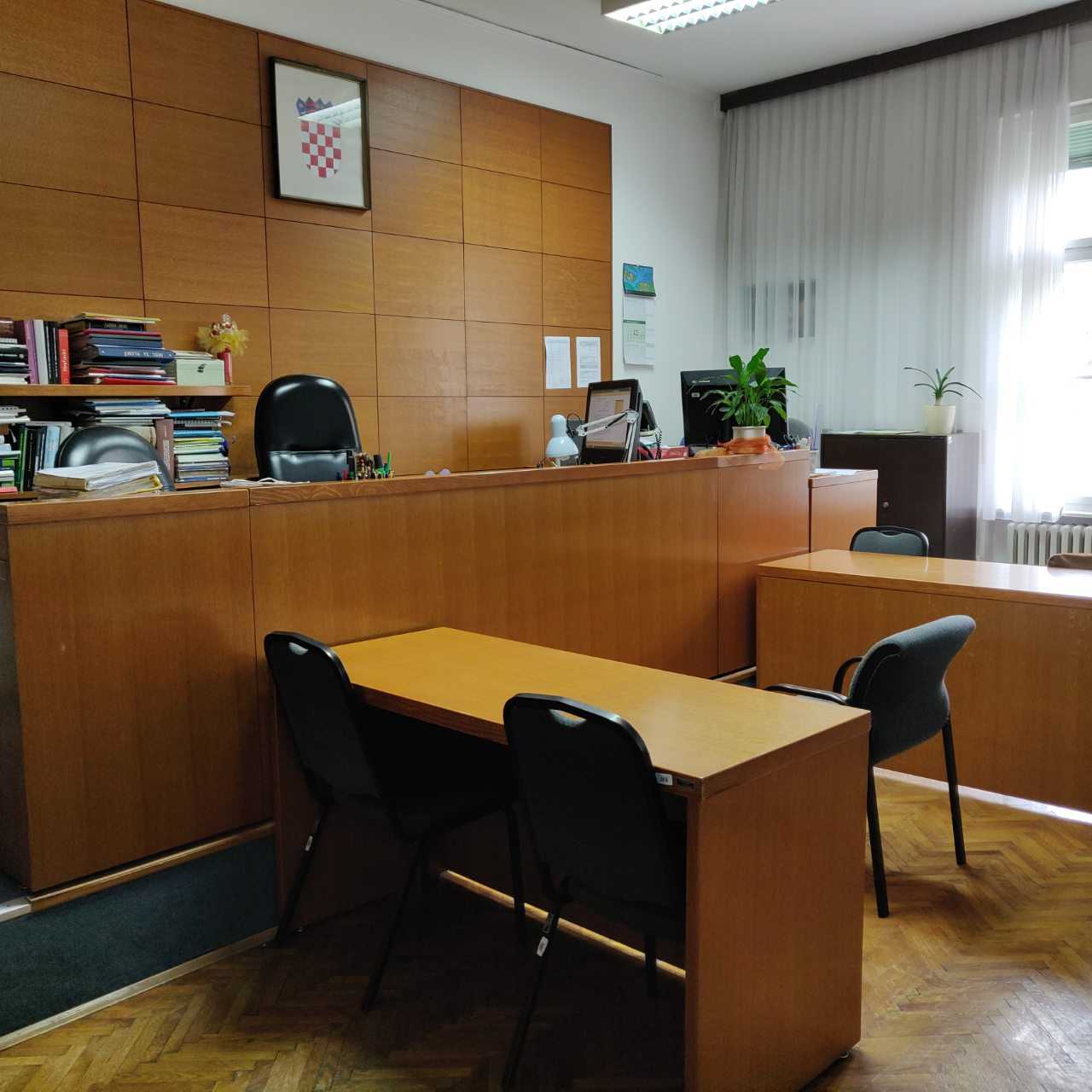
July 10, 2019, by lqxkt9
Jana Kujundžić-Legal and Political Context of Marital Rape in Croatia
In my doctoral research, I am focusing on marital rape in Croatia and its legal and political implications. The way in which the public and the legal system understands and treats marital rape also shows a wider cultural and societal understanding of gender roles, criminal legal system and power dynamics. I am focusing on marital rape specifically because it is not prosecuted as any other criminal offence, and to uncover the reasonings behind its silencing and stigmatization.
In Croatia, the powerful tropes of traditional Croatian-Catholic heteronormative family thrived in the aftermath of the violent breakup of Yugoslavia in the 90s under the strong influence of the Catholic Church and its anti-communist rhetoric. Any socialist legacy, including many progressive notions of equality between men and women, has been abolished in the favour of the nation-state building project. Recent anti-gender movements placed a strong emphasis on protecting the traditional heteronormative family advocating against gay marriage, rights to adoption, reproductive rights and the ratification of Istanbul Convention1 in Croatia. Marital rape has been criminalized in the Croatian legal system since 1998 but the number of reported cases remains gravely low. However, women’s shelters and feminist NGOs emphasise the prevalence of dark numbers. Victims and survivors themselves often do not consider rape in marriage as rape, rather as mistreatment that is to be endured as a part of marriage (Yllö & Torres, 2016). Traditional views of gender roles, perceived sanctity of marriage and the idea of “marital duty” prevents the comprehension of the violation by the victims/survivors and perpetrators themselves as well as the institutions.
My methodology consists of in-depth interviews with the professionals encountering the issue of marital rape in their work such as police officers, social workers, judges, district attorneys, psychologists, shelter workers and feminist activists. There is no consensus in the wider public on the meaning of consent, gender equality, trauma and rape, which is reflected in the attitudes of my participants. For practitioners working directly with the victims and survivors, frequent legislative changes cause problems in their work practice. Some of the participants working in institutions voiced their frustration with “endless victim`s rights” while the research of Croatian Legal Centre from 2018 showed that the majority of victims are not familiar with their rights.
Establishing the credibility of the victims is especially problematic. Apart from the participants working in women`s shelters and feminist NGOs, most of my participants expressed arbitrarily.
attitudes about the victim`s credibility. The victim`s story is deemed credible at the beginning and throughout the proceedings but having discovered something that does not align with the expectations of the “proper” victim`s behaviour, i.e. that the victim kept in touch with the perpetrator, the entire case is called into question. The problem of interpreting a traumatic narrative from a non-survivor standpoint is what Kilby (2007,p.20) calls “the unrepresentability of trauma.” In that sense, victim`s behaviour is misinterpreted as purposely deceitful. Trauma-specific behaviour can be used as a weapon against the victim by raising suspicion about their credibility which brings the exoneration of responsibility for the perpetrators (Taylor, 2004). As mentioned by some of my participants working at the court, some judges openly expressed their opinion that “all women are liars falsely reporting poor men.” The relationship between the law and psychiatry is based on the Freud’s family dysfunction theory which helped position children and women as fabricators of abuse and sexual provocateurs (Taylor, 2004).
If a woman drops the charges or refuses to testify against her husband, her initial testimony is considered fraudulent or not serious enough. Most of my participants were extremely frustrated by this, but few pointed out the economic aspect underlying such decision. If the husband is the sole provider for the family, once he is taken into custody, the wife, unemployed and with children, is left with no other means of financially supporting herself or her children. This decision is also mediated by the overarching societal minimization of the abuse and her internal conflict about the gravity of the abuse. This is what Herman (1992) calls the dialectic of trauma; the simultaneous urge to forget and hide what happens, and to proclaim the horrible event to everyone. No economic support is provided to the women during the legal process, but she is somehow expected to purse the prosecution until the end.
The goal of my research is to highlight the understanding of marital rape among various professionals in Croatia and to problematize common problems in the legal practice, bring awareness and politicize the issue of marital rape as a structural problem.
Jana Kujundžić (PhD Candidate in Criminology, University of Essex)
Email: j.kujundzic@essex.ac.uk
Herman, J. (1992). Trauma and Recovery: The Aftermath of Violence–from Domestic Abuse to Political Terror. New York: Basic Books.
Kilby, J. (2007). Violence and the Cultural Politics of Trauma. Edinburgh: Edinburgh University Press Ltd.
Taylor, S. C. (2004). Court-licensed abuse : patriarchal lore and the legal response to intrafamilial sexual abuse of children. P. Lang.
Yllö, K., & Torres, M. G. (2016). Marital rape : consent, marriage, and social change in global context. Oxford University Press.
Croatian Legal Centre. (2018). Project “Improving Support Systems from the Perspectives of Victims of Crime – VICATIS.” Research Report- Croatia. Retrieved from: http://www.hpc.hr/wp-content/uploads/2018/07/VICATIS-Istrazivacko-izvjesce-Hrvatska.pd
No comments yet, fill out a comment to be the first

Leave a Reply